However, intentional depletion bonk runs will never help me train to run fast for a long time. Depletion training is not what I do when I want to Fast Finish a 22 mile Long Run. When performance matters, I believe the running needs to be fueled efficiently and effectively. I carb-load the night before like it is a race. I show up ready to train with the fuel that I am testing. I want light weight, easy to carry, fast to digest fuel that meet sports nutrition science recommendations. For months leading up to my first marathon in 3 years (this April) and my recent 6 hours race (this May), I trained long using Gu Roctane Energy Drink and Gu Roctane Gels. This worked really well for me. Roctane Gu is still in my rotation. In fact, I recommend Roctane products to my runners because I know they meet sport nutrition science recommendations for carbs, electrolyte and protein better than any other single product that I have come across. Roctane Gu and Energy Drink mix are easy to transport during travel (there are travel packs of the energy drink). The gels are easy to carry in races. But most importantly they provide carbs, electrolytes, and PROTEIN in one complete package. The protein part (amino acids) is unique and that is why we pay more for Roctane. https://guenergy.com/products/roctane-energy-drink-mix But I am always looking to test out new things. As much as I love the Roctane Energy Drink, I want to play around with the ratio of protein to carbs to electrolytes to see if I could find something that works even better for me when racing fast for a long time. What's my goal? Sports nutritionist scientists recommend 30 grams to 60 grams of carbs per hour with as much as 90 grams of carbs per hour for ultra-endurance events or for elite paced marathons. We can build the fastest race car possible, but if the gas tank is empty it isn't going anywhere. To efficiently and effectively consume 30-90 grams of carbs per hour without feeling nauseated doesn't happen by accident. We can train our gut. I performed very well using Roctane Gu Energy Drink mix and Roctane Gu during my last 6 hour race, I still want to train my gut to do better at digesting carbs. I also wanted more protein than I was getting in the drink. The Roctane provides amino acids but I want more control over what type of amino acids and in what amount I am getting. What am I fueling with now? For long runs, I am mixing 60g of Skratch Lab's Super High-Carb with 8g of BCAA (2:1:1 ratio of Leucine, Valine and Isoleucine) with 20 oz water and seeing how far I can go on that amount of fuel. I split it in to two 10 oz bottles and drink one bottle per hour. I carry additional water so I can stay hydrated. Currently, I am getting through about 2-2.25 hours feeling good at moderate intensity paces. After I run out of Skratch, I take a Roctane Gu Gel to maintain my energy while adding a little more electrolytes and a little more protein in the last hour. My Gu is giving me 20 more grams of carb per packet (plus more protein and electrolytes). This means I am not quiet consuming the 30g per hour while one the run. However, I eat before I start my fast finish long runs (usually one Kashi Protein Waffle and Coffee with sugar) so when I count the calories I am consuming before the run begins through the end of the run, I am fueling with at least 30g of carbs per hour. It feels like this is working well for me right now (but as weather get warmer I will see how things change). My future Fueling Plans: For my next marathon, I anticipate drinking the Super High-Carb Skratch + BCAAs sports drink mix before the start of a marathon and carrying a few Roctane Gu for the race while drinking ideally the race provided sports drink and water along the way. For my next 6 hour, I am planning to keep bottles of Skratch + BCAAs at my aid station to drink along the way for the entire 6 hours with Roctane Gu Gel to supplement as needed. Of course, this plan may change as I continue to train and test out ideas. I have no financial interest in sharing any company's product. I do appreciate brands that make products that actually work. Skratch Lab's Super High-Carb Sports Drink Mix has quickly become one of my favorite sources of energy when training long. But I admit, the label confused me. 400 calories from 100g of Carbs, no fiber, but only 11g of sugar? That seemed to not add up. I expected 100 grams of sugar (4 calories per gram of sugar is 400 calories). Usually sports drinks are high in sugar. If this isn't a sugar-based sports drink, then what is it? The ingredients list explain that it is primarily made from a trademarked-named starch called "Cluster Dextrin." At least Skratch put in parentheses the actual name of the starch. Cluster Dextrin is a Highly Branched Cyclic Dextrin, which is a complex carbohydrate derived from corn starch. This must contribute about 14 g of carbs if the 11g of added sugar comes from the fructose and the cane sugar. Why is Cluster Dextrin special?
It has been around since early 2000s. I only found a few small studies that explored the performance claims. When compared to sugar and maltodextrin, Cluster Dextrin has been found to have a faster rate of Gastric Emptying which allows it gets into the blood stream faster. There is a faster and slightly higher rise in blood sugar than when compared to sugar and maltodextrin (I interpret this to mean that energy from the start fills the blood stream faster). Athletes report that the Cluster Dextrin didn't cause nausea or GI upset. And athletes performing longer at high intensity rated their perceived effort lower than other groups despite markers for stress being equally as high as the other groups. The most interesting finding to me was: "Following drink ingestion, participants swam 10 cycles in a swimming flume (counter-current pool). Each cycle consisted of 5 min swimming at 75% VO2max, followed by 3 min of rest. After the initial 10 cycles, participants swam at 90% VO2max until exhaustion, which was defined as being forced to move 1 m back from starting position. Interestingly, swimming time to exhaustion was almost 70% longer after receiving HBCD compared to glucose or water." https://journalofexerciseandnutrition.com/index.php/JEN/article/view/100/89 In these two small studies that are discussed in this Review article, athletes are performing better on Cluster Dextrin than other carb-based fuel sources and reporting that they feel less exhausted while doing it. That sounds awesome. I have more to learn, but my experience has been very positive so far. I feel great when training (as great as you can when running for 3+ hours). I share my splits and my training on my social media and Strava. We (Dave and I) start in the 10:00s to warm up and we finish the run down in the low 8:00s .... 22 miles later. These runs are not all out efforts. They are controlled base-building long runs to practice negative split training. The fuel I am using seems to be helping me achieve this training goal. If you want to read more about Cluster Dextrin (also known as Highly Branched Cyclin Dextrin), here is an open access research article for your review..
0 Comments
|
Categories
All
Shannon McGinn, JD, MS, MA, EDS, NBC-HWC, ATR-BC, LPAT.
|
Copyright © 2014

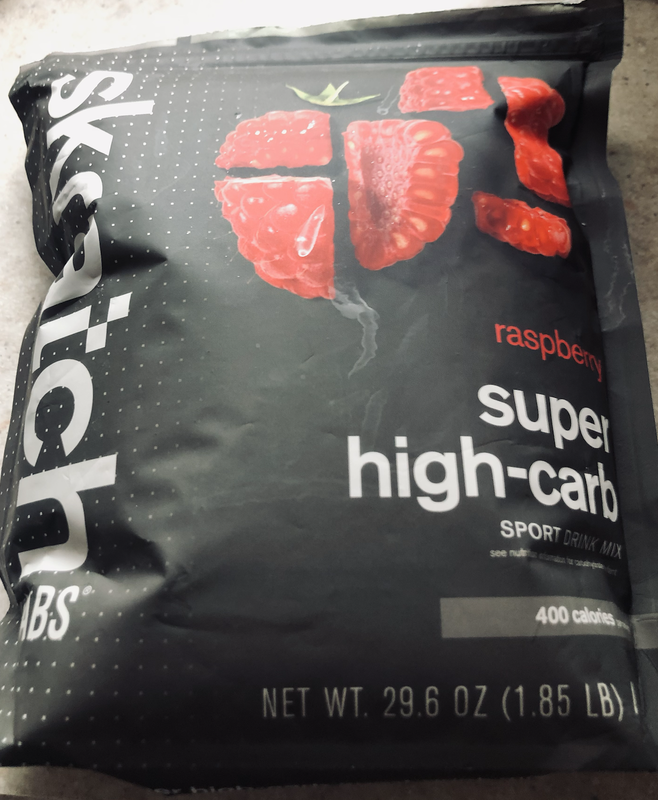
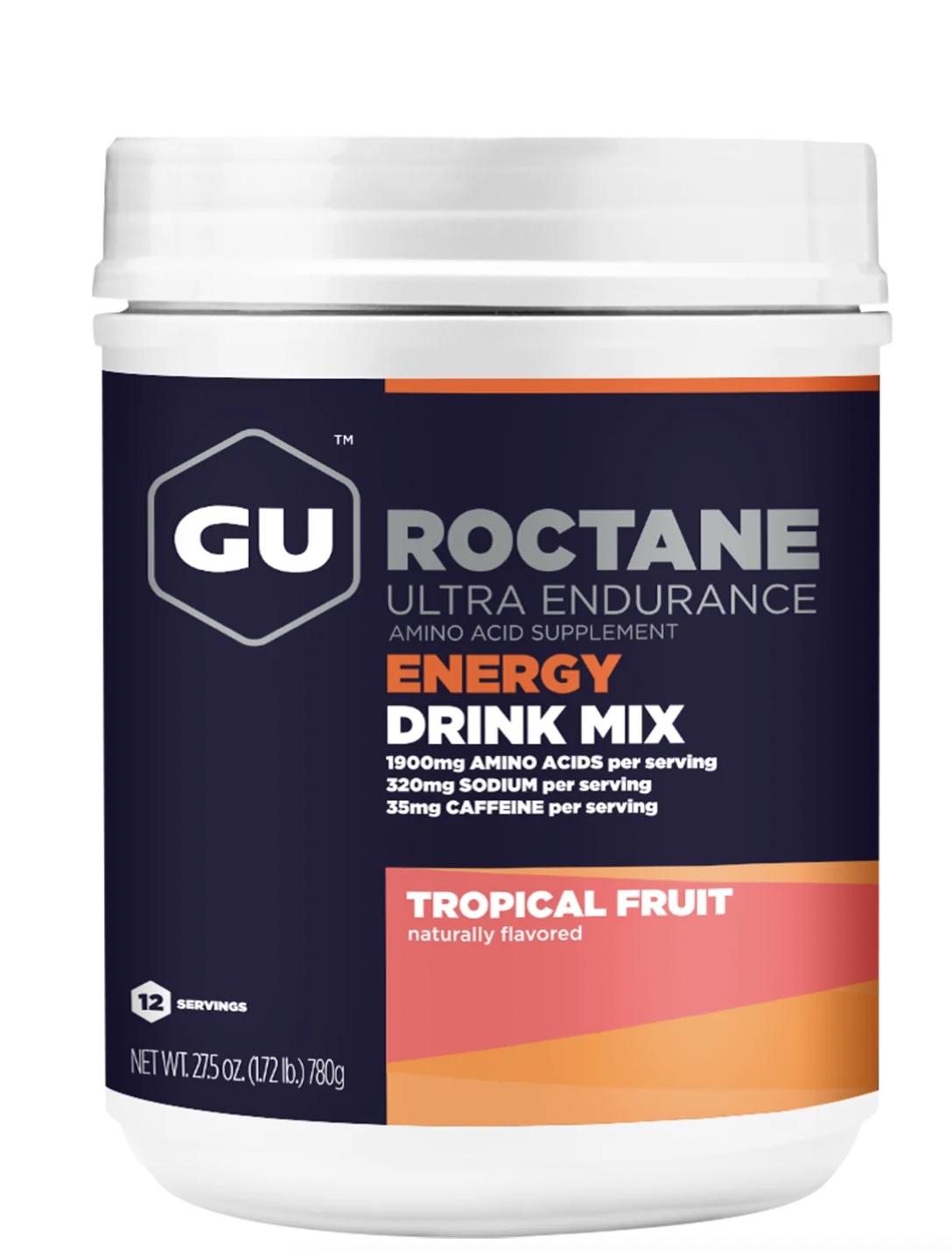
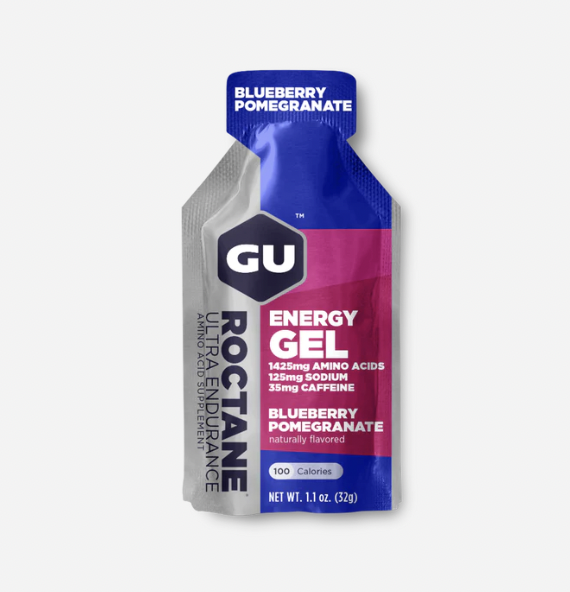
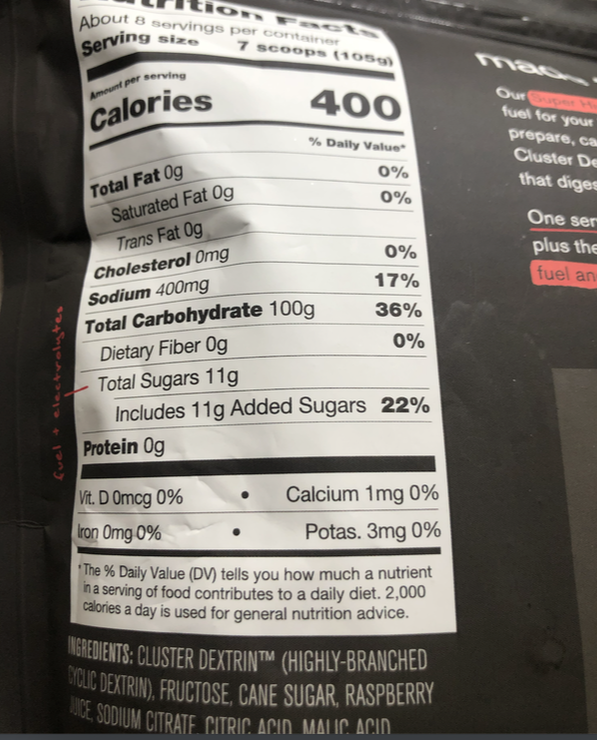
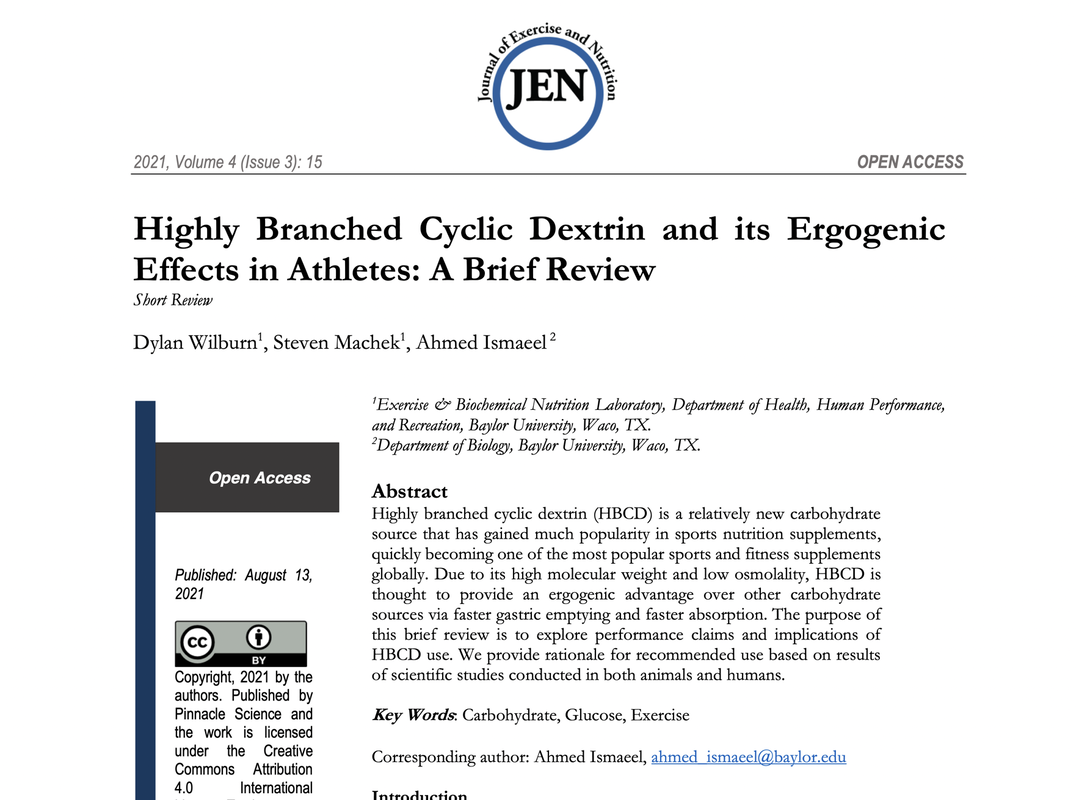
 RSS Feed
RSS Feed